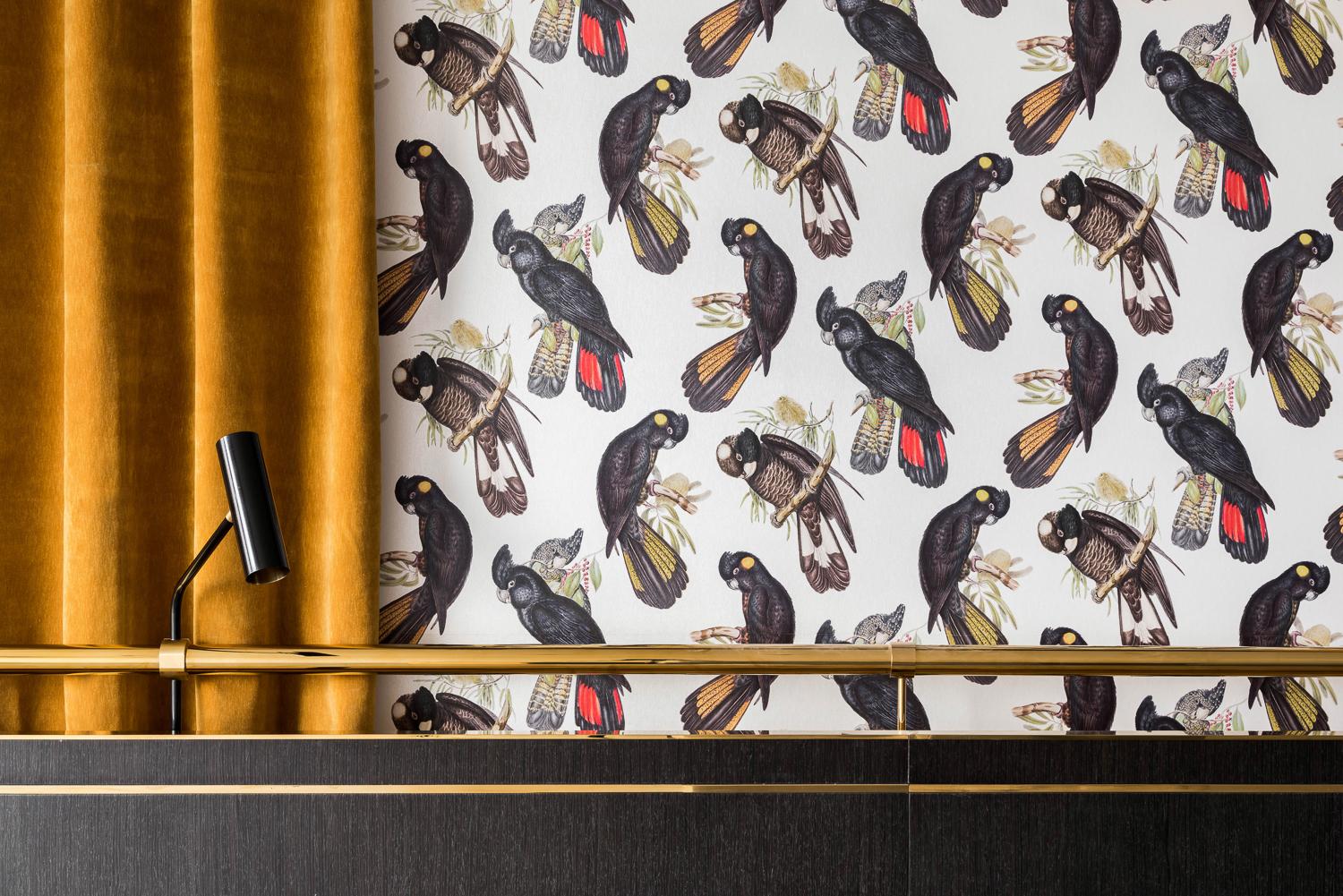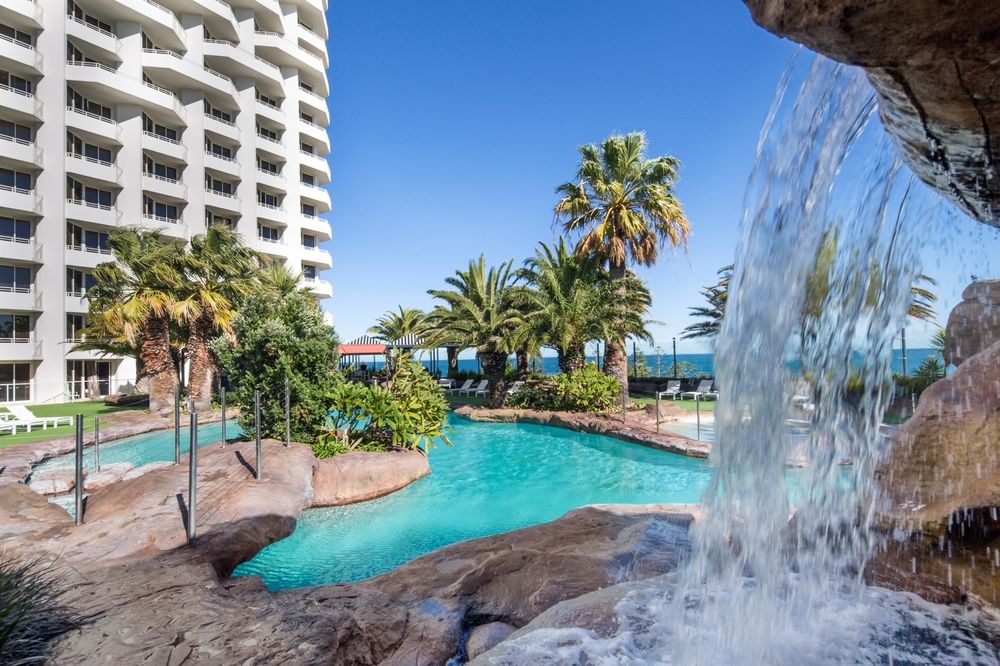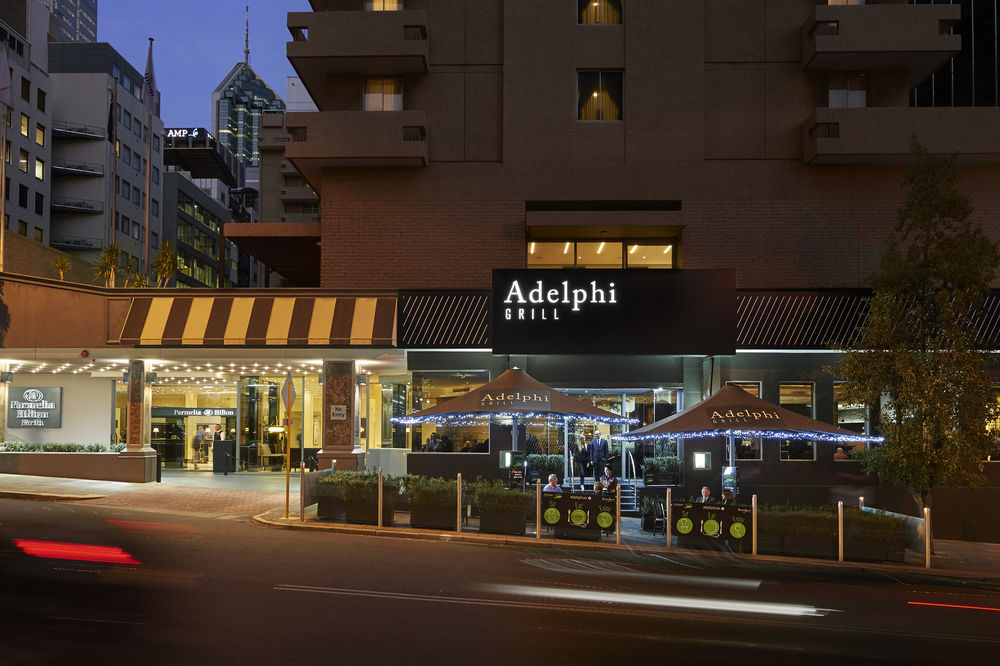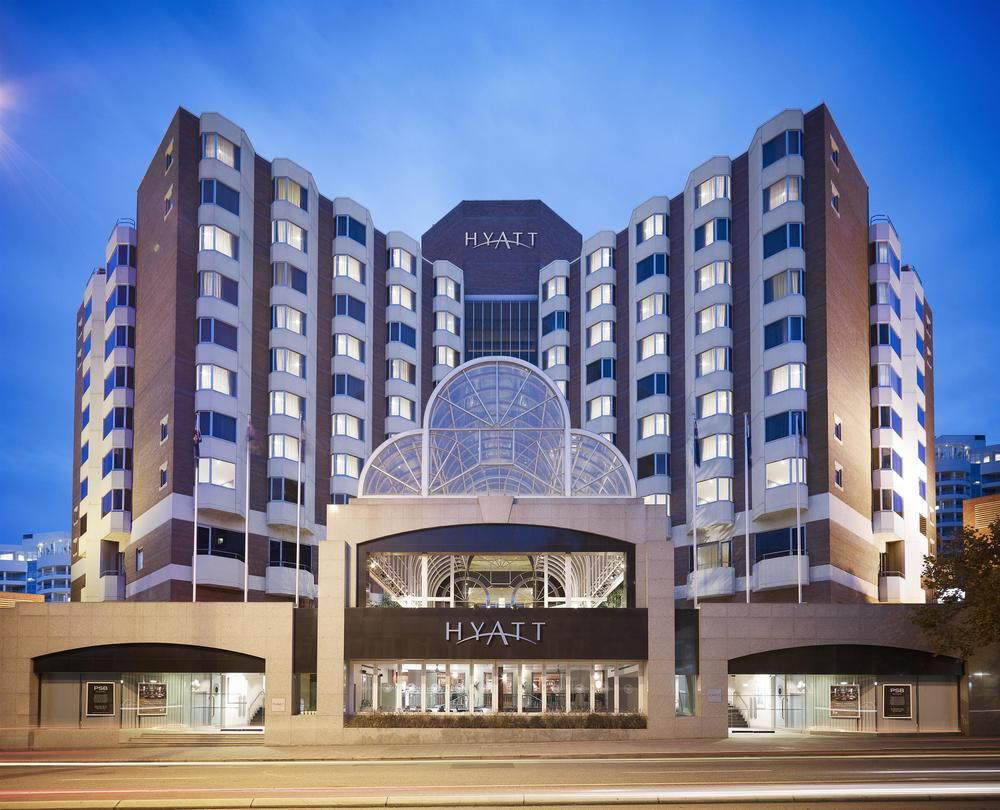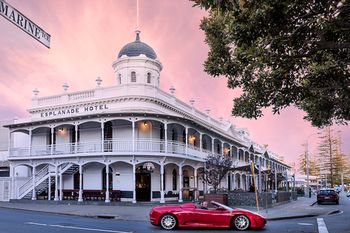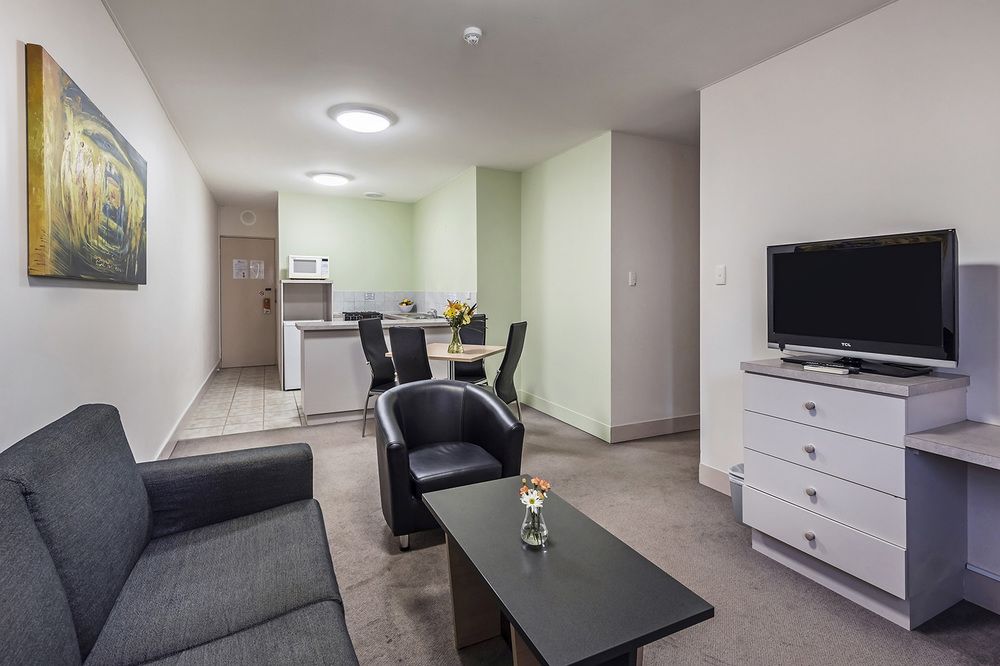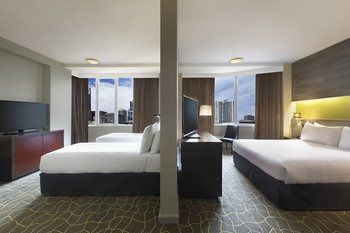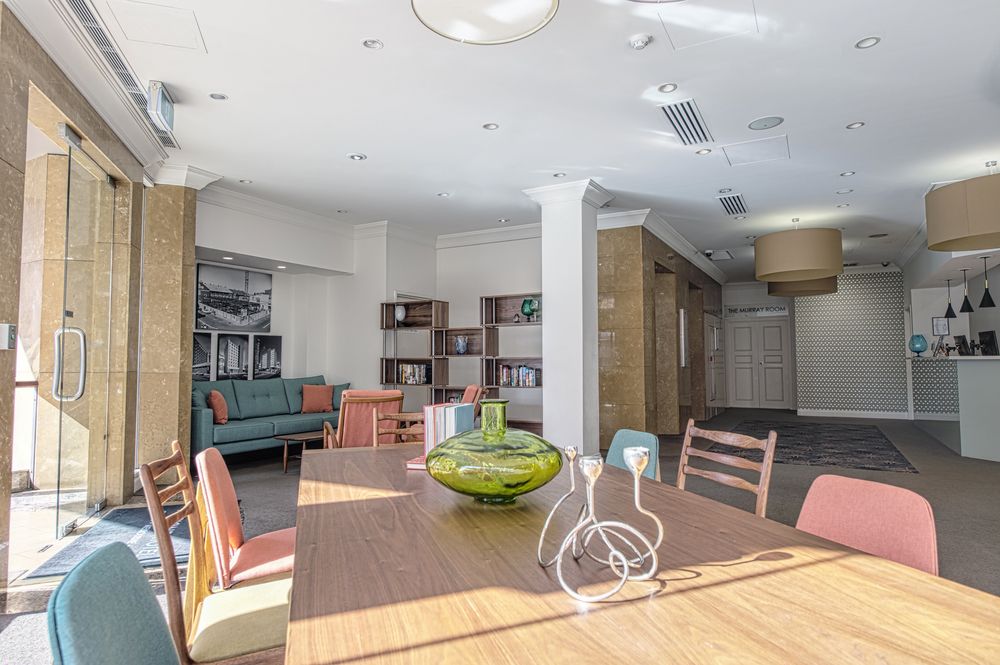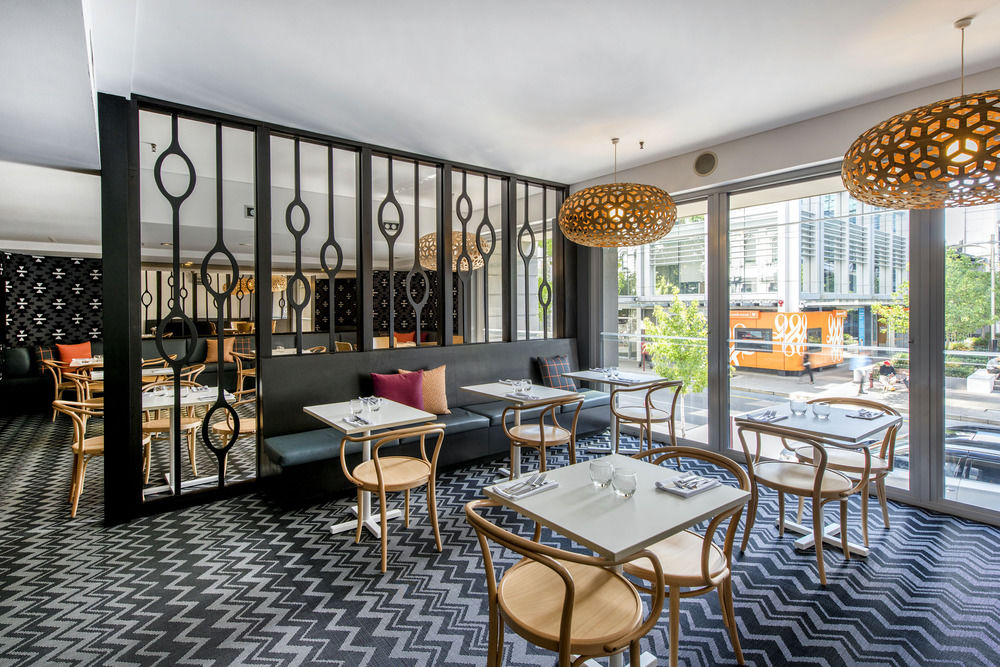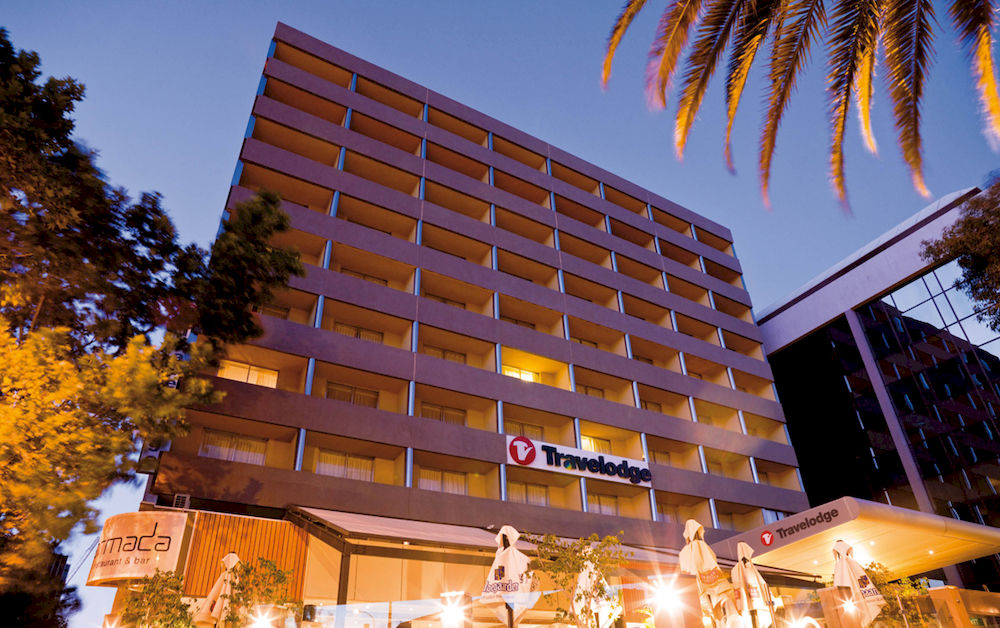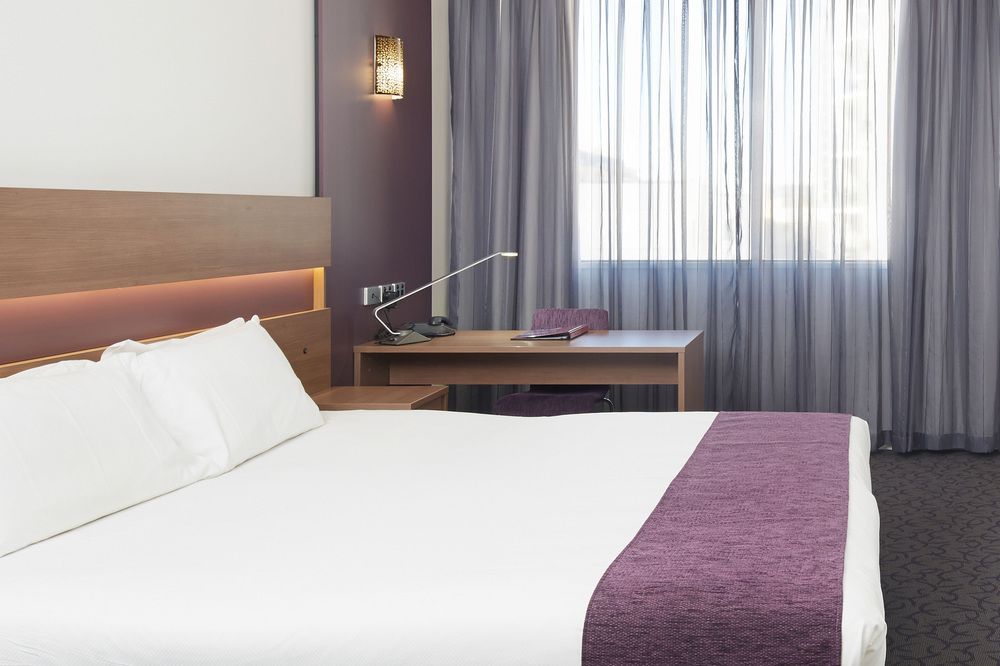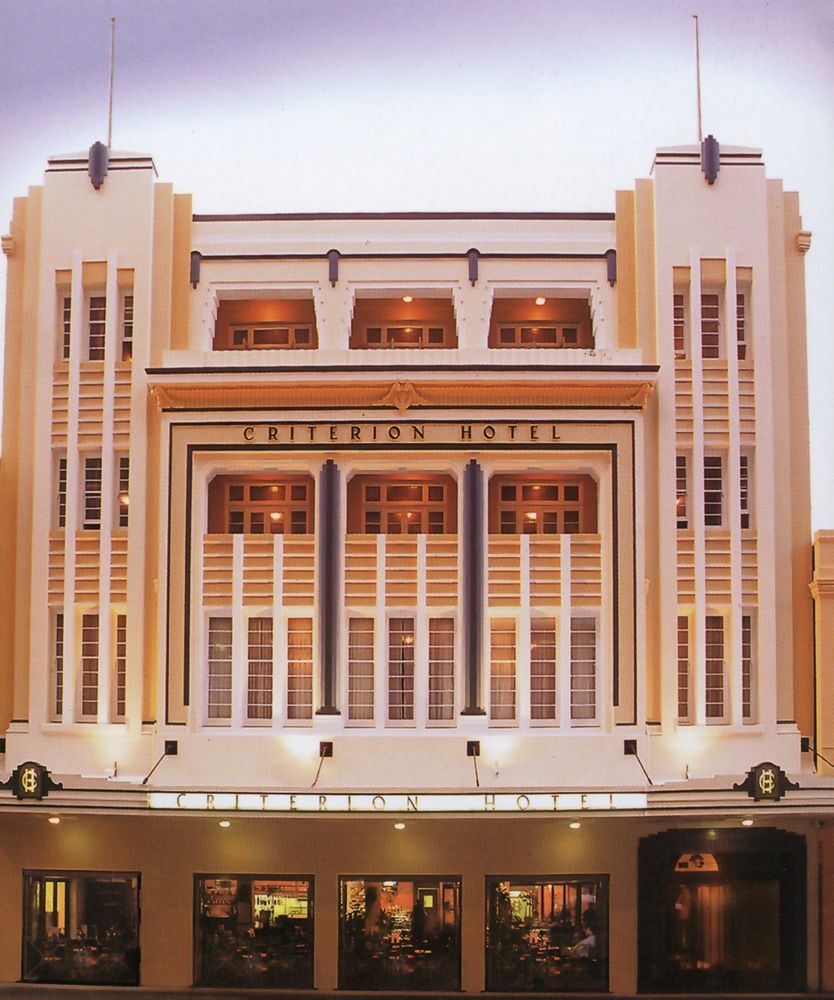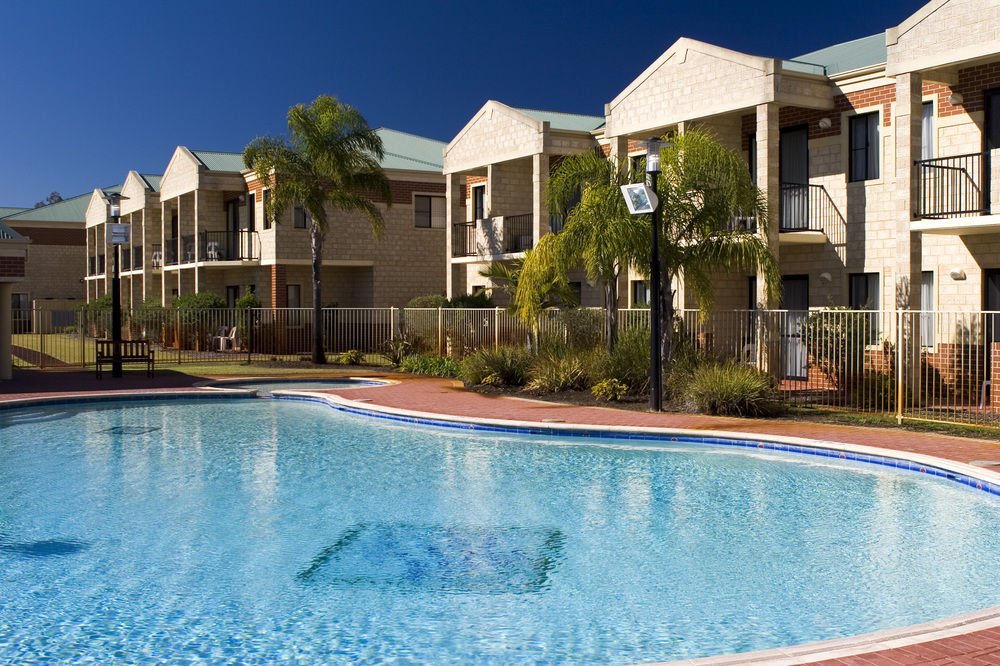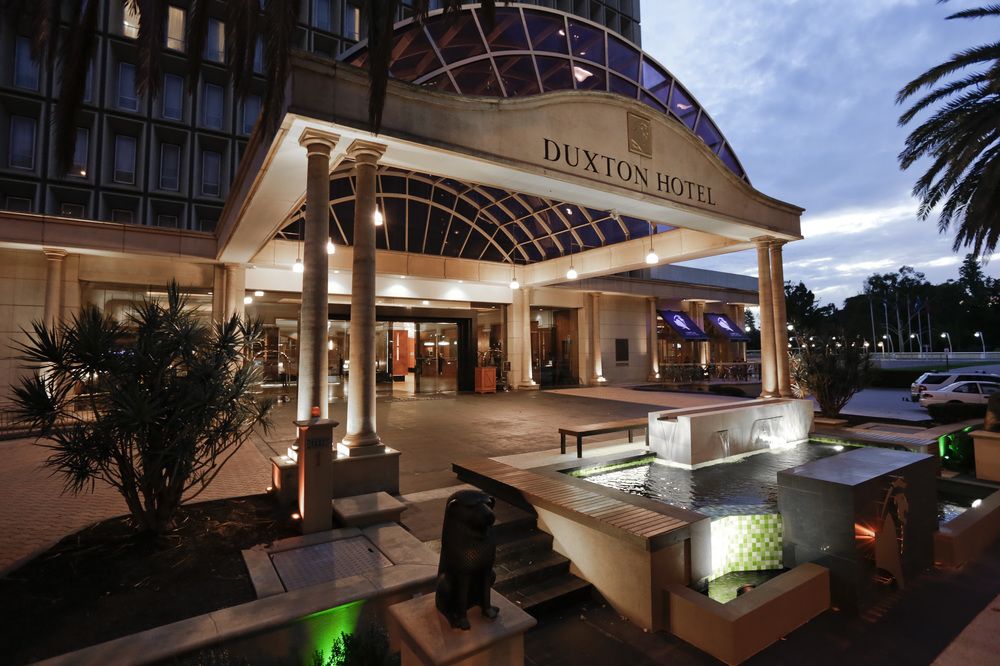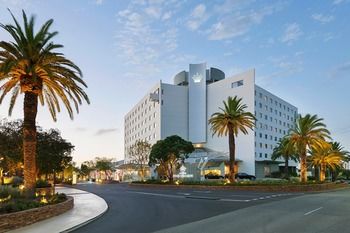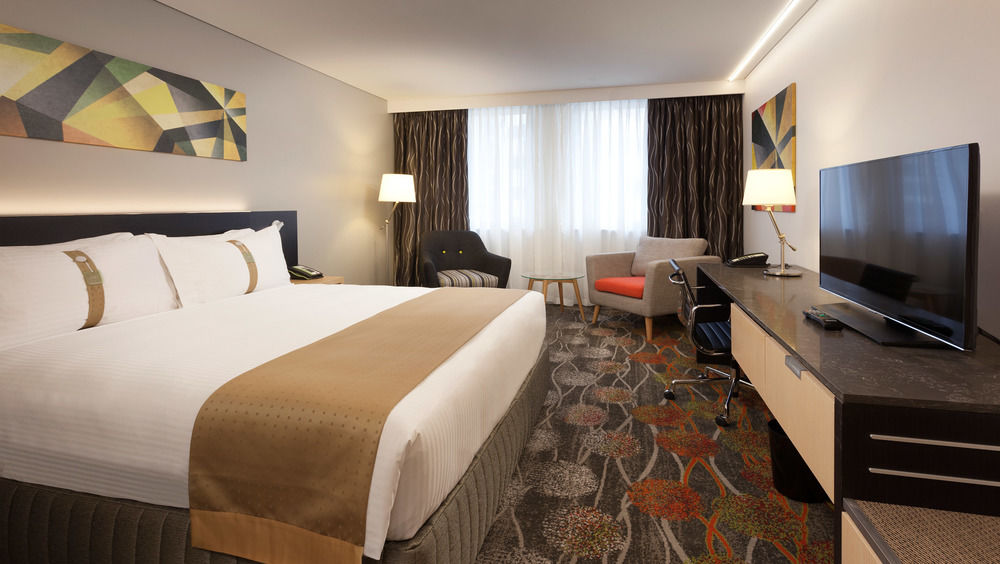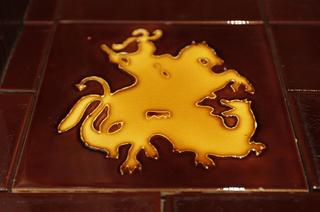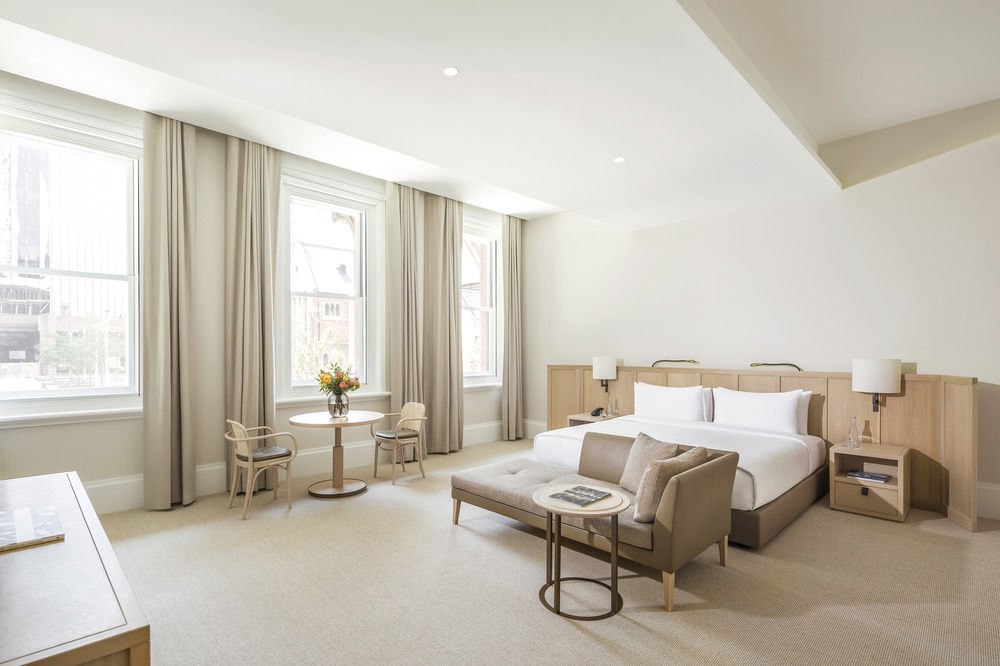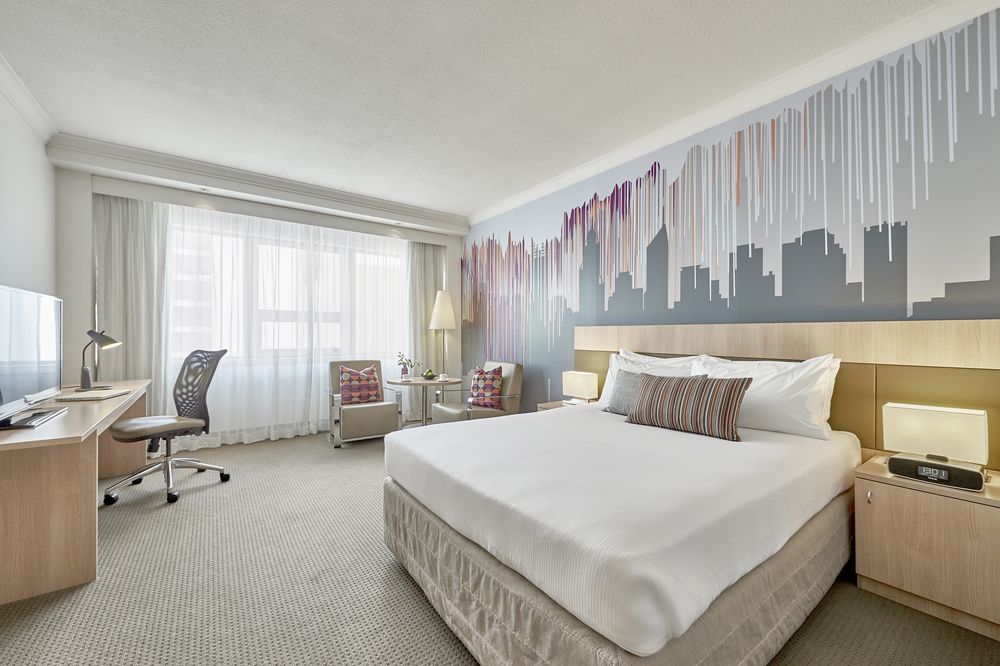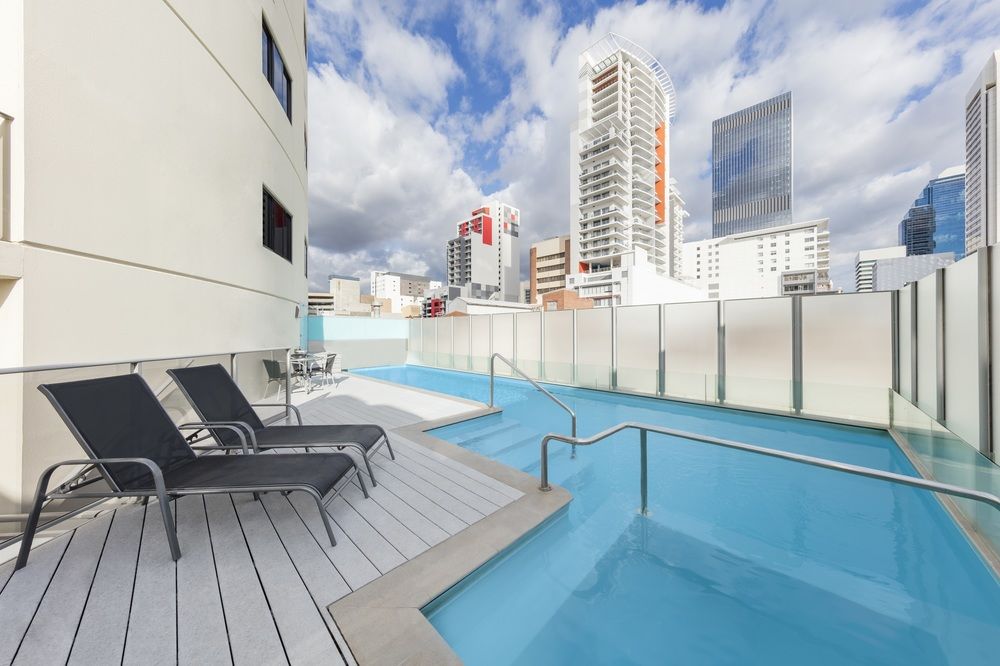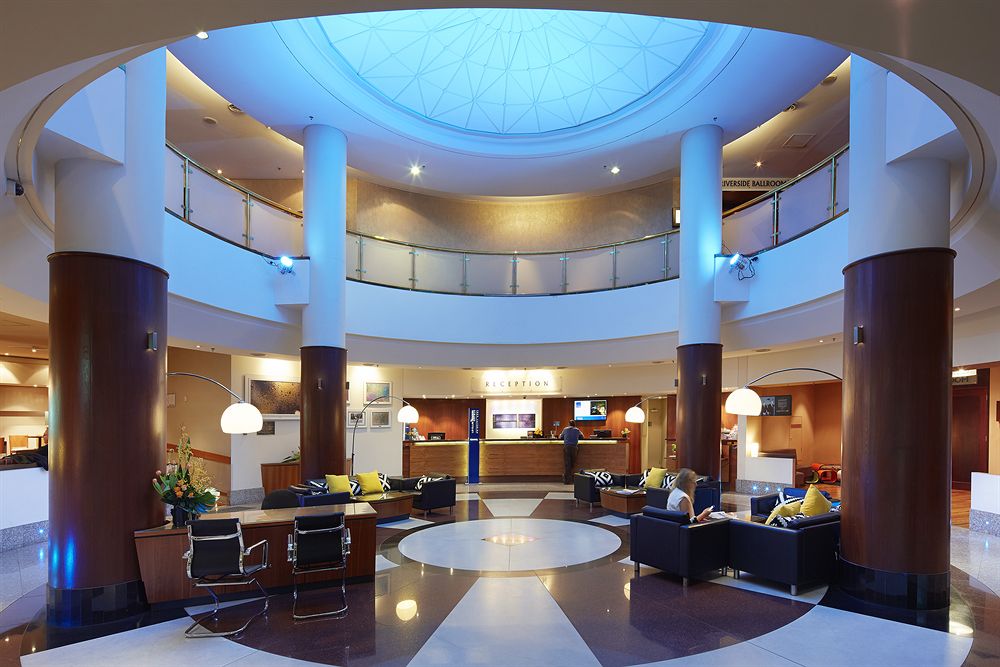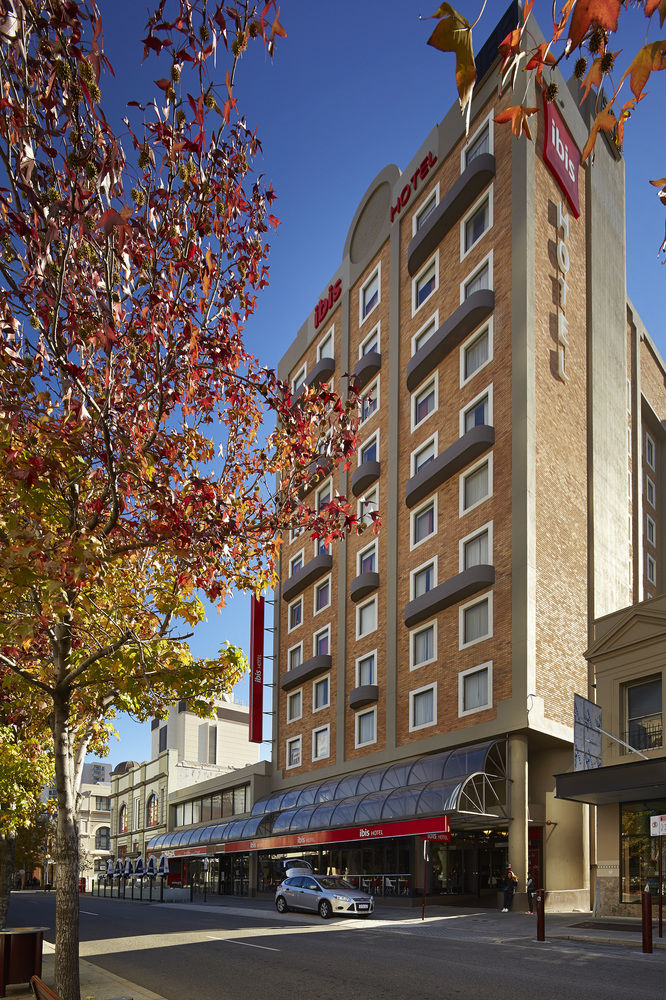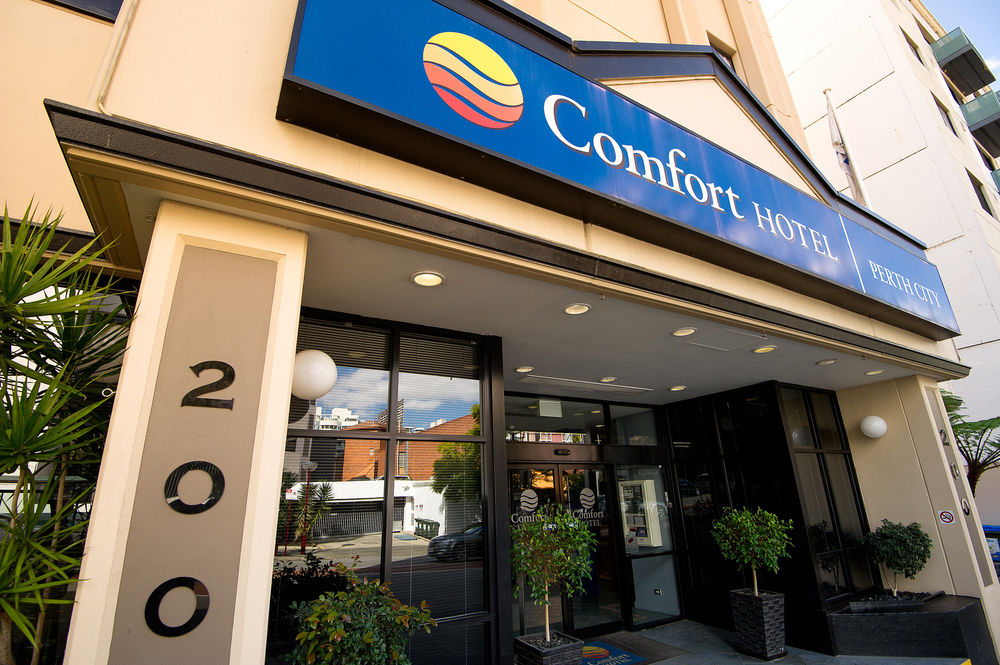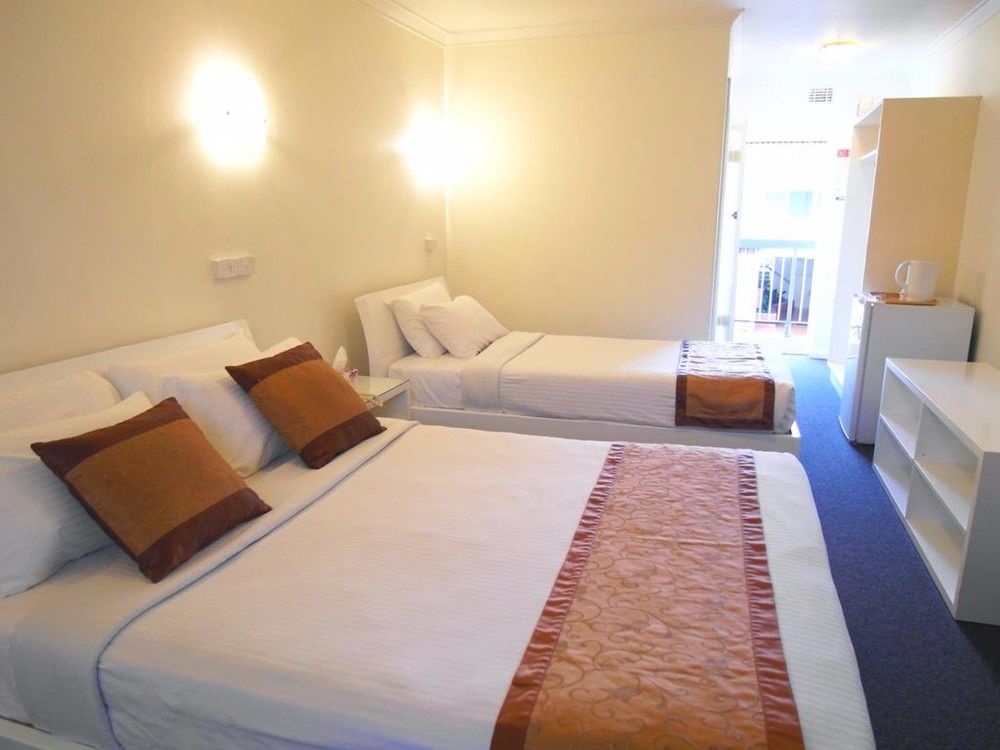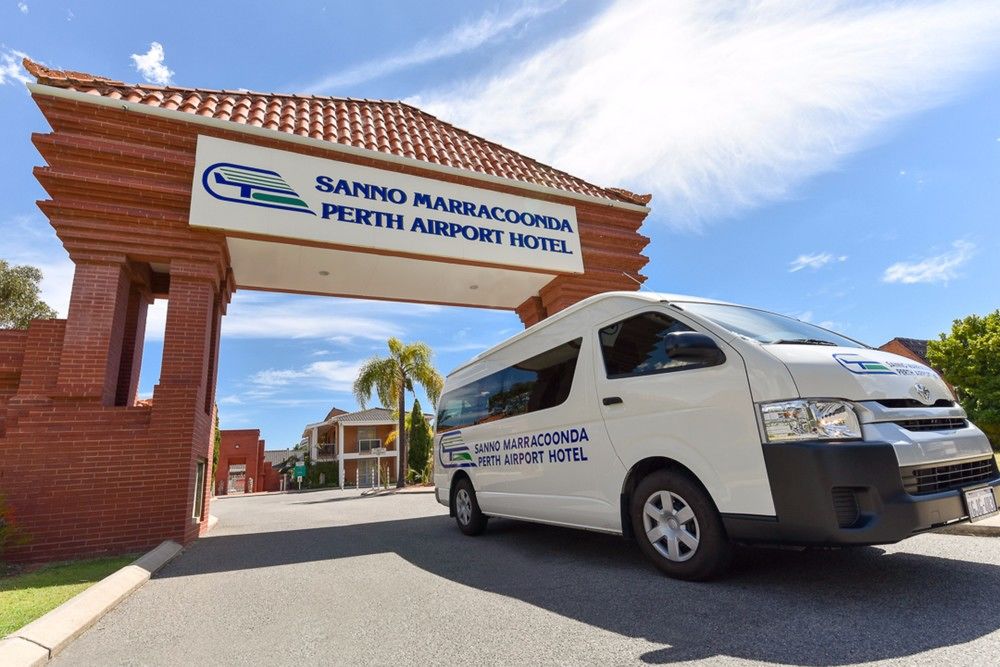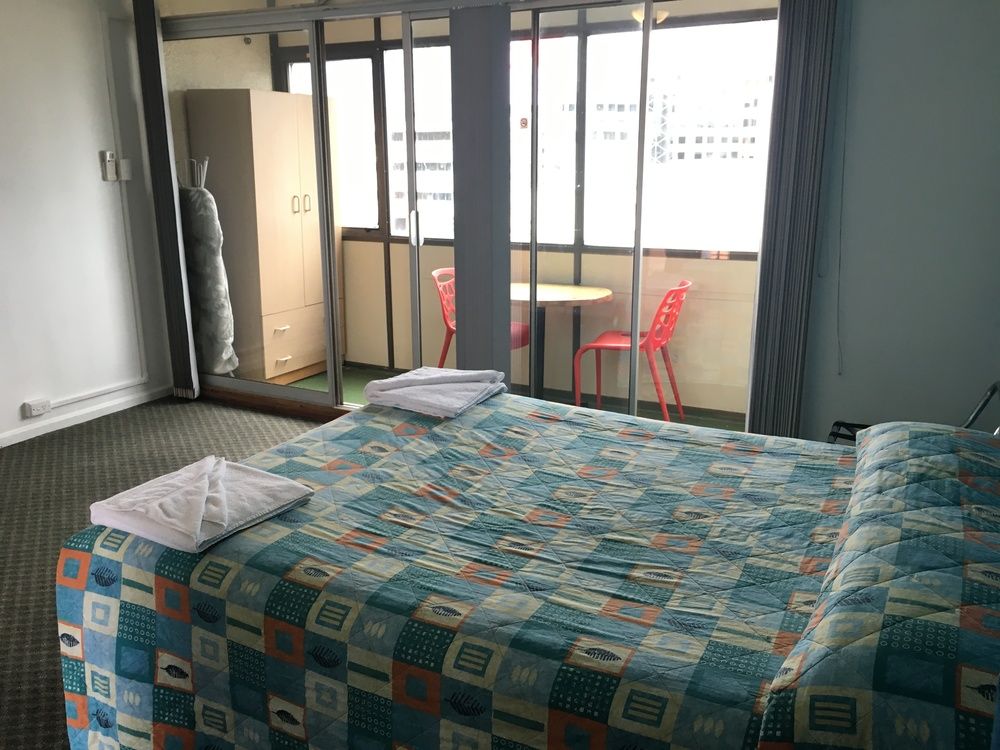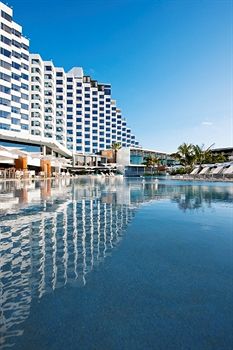
パースホテル検索結果
AIが見つけた軒のホテルの最安値をご覧ください。
ベストホテル
最安値のホテル
ホテル等級
AIおすすめ
パースベストホテル
パース 最低価格のホテル
最高評価のホテル
パースにある5つ星ホテル
パースにある4つ星ホテル
パースにある3つ星ホテル
AIがおすすめする世界の旅行先
パース近くのホテル情報
パース 旅行に欠かせない情報
“The city embraced by nature”
Perth ( ( listen)) is the capital and largest city of the Australian state of Western Australia. It is the fourth-most populous city in Australia, with a population of 2,022,044 living in Greater Perth. Perth is part of the South West Land Division of Western Australia, with the majority of the metropolitan area located on the Swan Coastal Plain, a narrow strip between the Indian Ocean and the Darling Scarp. The first areas settled were on the Swan River at Guildford, with the city's central business district and port (Fremantle) both later founded downriver.
Perth was founded by Captain James Stirling in 1829 as the administrative centre of the Swan River Colony. It gained city status (currently vested in the smaller City of Perth) in 1856, and was promoted to the status of a Lord Mayorality in 1929. The city is named after Perth, Scotland, due to the influence of Sir George Murray, then Member of Parliament for Perthshire and Secretary of State for War and the Colonies. The city's population increased substantially as a result of the Western Australian gold rushes in the late 19th century. During Australia's involvement in World War II, Fremantle served as a base for submarines operating in the Pacific Theatre, and a US Navy Catalina flying boat fleet was based at Matilda Bay. An influx of immigrants after the war, predominantly from Britain, Greece, Italy and Yugoslavia, led to rapid population growth. This was followed by a surge in economic activity flowing from several mining booms in the late 20th and early 21st centuries that saw Perth become the regional headquarters for several large mining operations located around the state.
As part of Perth's role as the capital of Western Australia, the state's Parliament and Supreme Court are located within the city, as is Government House, the residence of the Governor of Western Australia. Perth came seventh in the Economist Intelligence Unit's August 2016 list of the world's most liveable cities, and was classified
 時間 UTC+08
時間 UTC+08 通貨 AUD
通貨 AUD 言語 English
言語 EnglishStaypiaだけの特別な特典
リアルタイムホテル最安値比較
AIが見つけたin パースの軒のホテルのリアルタイム最安値を簡単に比較検索できます。
316万軒のホテルを最安値で予約
最低価格に最大31%追加メンバーシップ割引でさらにお得にご予約いただけます。
自分だけの
AIがリアルタイムで更新するパース旅行情報で便利に旅行を準備しましょう。
よくある質問
一般的なホテルの場合、客室予約はキャンセル締切日前まで無料返金が可能です。キャンセル締切日以降は手数料が発生する場合がありますので、ホテルバウチャーまたはメニュー>マイ予約でキャンセル締切日をご確認ください。
ステピアでは、AIが収集した316万件のホテルの最安値はもちろん、会員限定の追加割引価格で人気ホテルを予約することができます。
